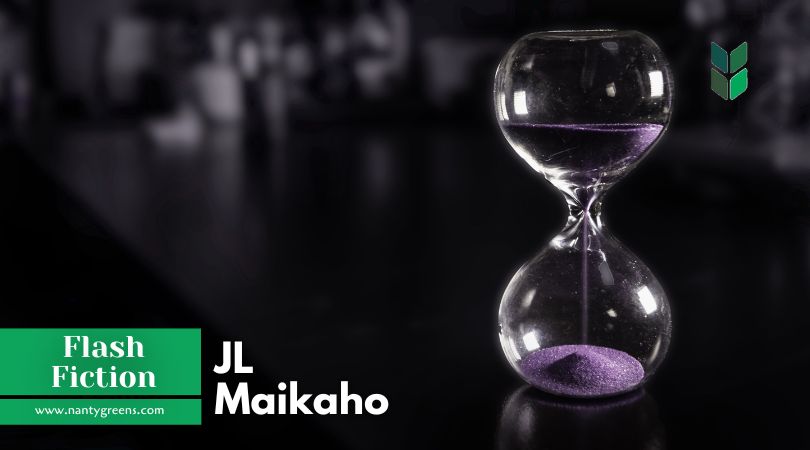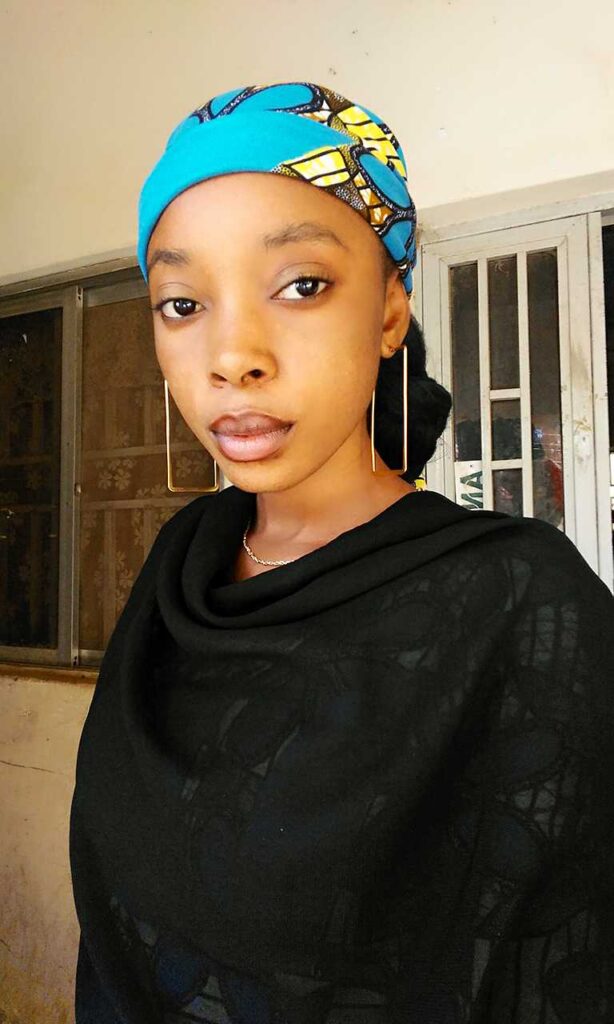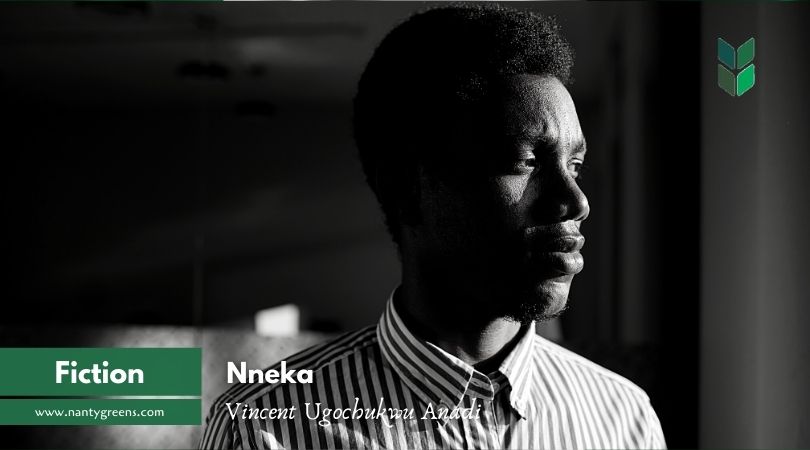
We were the last to receive news of the attack. Mother was picking hibiscus for tea at the small garden behind our house while Labo and I roasted corn over an open fire in the courtyard. Our neighbour Aliza had rushed into our compound, wailing with the frustration of someone who bore bad news they wished they didn’t have to deliver. She announced that soldiers from the Nigerian Army had been ambushed by Boko Haram militants in Mubi, where they raised their flag over the government secretariat building. Labo stared at me with uncertainty tainting the pupils of his six-year-old eyes. Mother rushed into the house confused, “which Mubi? Which Mubi, Aliza? The one where my husband is working? Tell me please…”
We waited for a week to hear from my father but there was no news from or about him. We waited three more weeks, then four….
During those months, I watched my mother grow thick muscles in places that were previously soft. Her tongue seemed to have loosened too, speaking up.
Three months gone, Mubi had been liberated by government forces but there was still no news of my father. Every night before we slept, we’d pray together and emphasise our desire for God to protect him wherever he was and bring him back to us. We implored St. Anthony as many times as was possible in a single day. I fasted with my mother even though at nine years old, I was considered too young to do that. But I needed my father back.
Mother started washing and cleaning in the third month too. She had been hopeful that her husband was okay and would come back to her but his parents and siblings had instructed her to cut off her hair, start wearing full white clothing and take off her jewelries. It had seemed to break her spirit that her in-laws had given up on their son’s return and were asking her to mourn like a widow. She didn’t say so but I noticed that she was always cleaning and scrubbing. She’d wash clothes everyday even when there was no laundry to do. She’d sweep the entire house several times a day, do dishes thoroughly and diligently mop the rough cement floors in the parlour. She was never idle, even in her sleep where she had long, though incoherent speeches.
In the sixth month, she completed the mourning period and could now start working. She took a job at the community clinic, volunteering as a cleaner. Mother worked very hard and did her best to provide our needs.
In the ninth month, we had to leave my father’s house because mother refused to marry his brother.
In the eleventh month, Labo’s teeth all fell out and I hoped that they’d return slowly so that father could catch up too.
In the twelfth month, it rained heavily one night and I pressed my ears to mother’s room, hearing her weep in a way that sounded like death.
One hundred and twenty months later, I am still praying to St. Anthony. I know my father will come back and we’re all waiting for him, even though I overheard Labo one evening say to someone over the phone: “My father is gone… no, not dead, just gone. He went to work one day and still hasn’t returned. I’ve stopped expecting him to”.

JL Maikaho is an emerging Nigerian poet, storyteller and essayist. Her works explore diverse themes from women’s rights, ethno-religious conflict and climate change; to romance, mysticism and surrealism. Her poems and short stories have appeared in Brittle Paper, Nnoko Stories, Kalahari Review and elsewhere. A SprinNG fellow (2022 cohort), she’s also a scholarship recipient of the SprinNG Advancement Fellowship, has been longlisted for the Bill Ward Prize for emerging authors and shortlisted for the MAFEELDA Essay contest. JL writes from Gombe, Nigeria and tweets @JLMaikaho.








